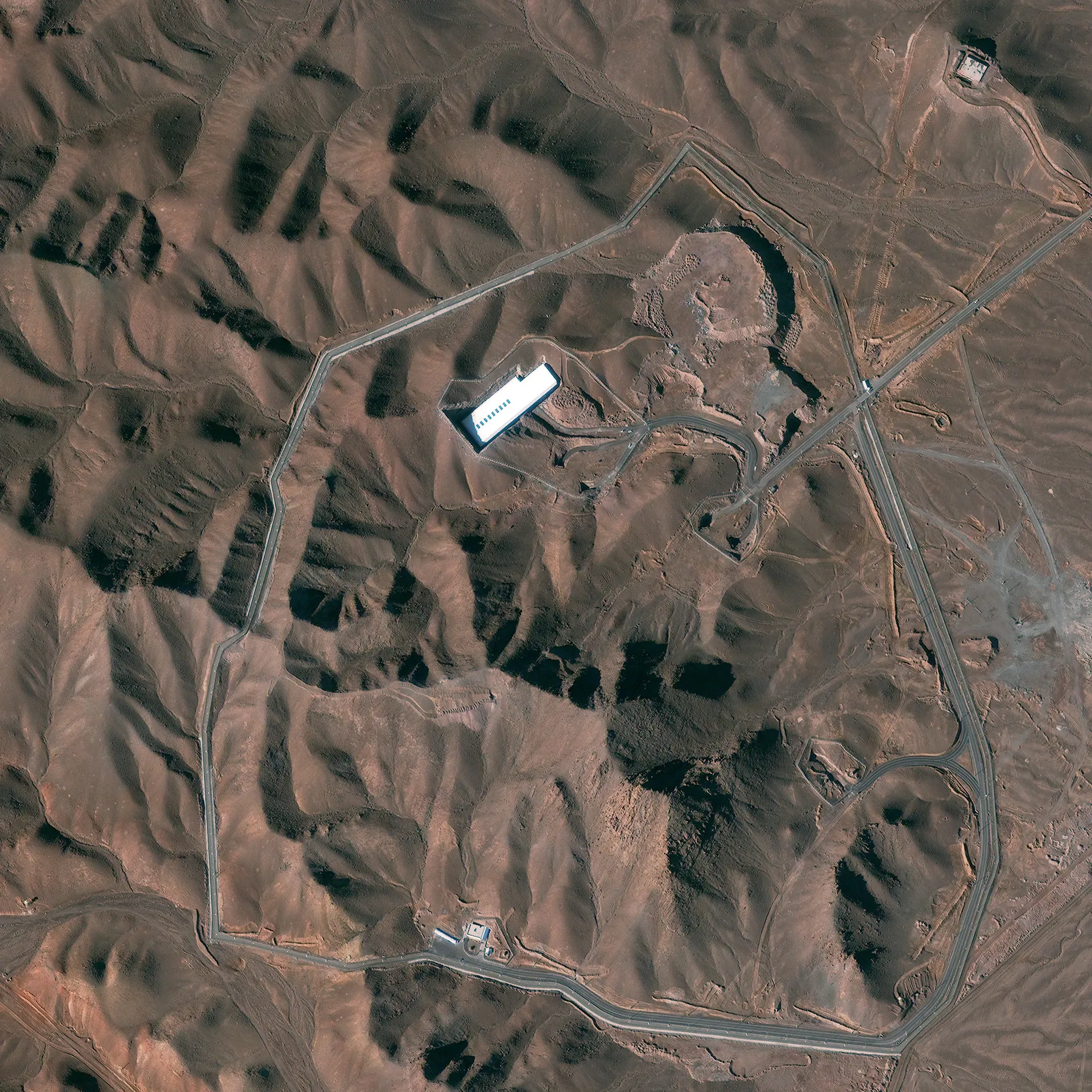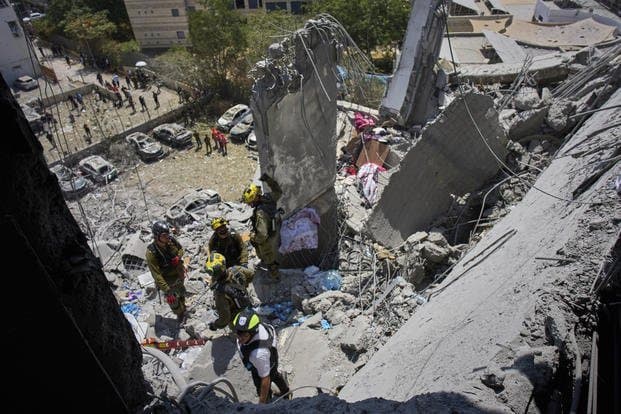As tensions escalate in the Middle East, the recent US military strikes on Iranian nuclear facilities signal not just a geopolitical upheaval but a looming environmental disaster with dire implications for climate justice. President Trump’s administration has boasted about the obliteration of Iran’s nuclear ambitions, yet reports reveal a more sobering reality: the damage is significant but far from total, and the repercussions extend beyond international relations.
Environmental Impacts of Military Action
The operation, codenamed Midnight Hammer, involved over 125 military aircraft targeting key sites like Fordo and Natanz. These sites are not only pivotal for Iran"s nuclear aspirations but also located in ecologically sensitive areas. According to Brookings, the fallout from such strikes can lead to contamination of local water sources and soil, exacerbating the already pressing issues of environmental degradation in the region.
Humanitarian Crisis Looms
Military actions in the Middle East have historically precipitated humanitarian crises, and the current strikes are no exception. The International Atomic Energy Agency (IAEA) has warned that uranium enrichment could resume in mere months, potentially igniting further conflict. As reported by The New York Times, the IAEA emphasizes the need for diplomatic solutions rather than military ones, highlighting the fragile state of peace in a region already battered by decades of conflict.

President Trump goes off script in first Oval Office press ...
Implications for Global Nonproliferation
The US strikes could undermine global nonproliferation efforts, an already tenuous structure that relies on cooperation and trust among nations. If Iran perceives that military action is the only response to their nuclear ambitions, it may double down on its pursuit of nuclear capabilities. As noted by NPR, the long-term consequences could lead to a nuclear arms race in the region, further destabilizing not just Iran, but its neighbors as well.
Climate Justice and Militarism
The intersection of climate justice and militarism cannot be ignored. Military operations are notoriously carbon-intensive, contributing to the very crisis we are trying to combat. The Pentagon is one of the largest consumers of fossil fuels globally, and each airstrike adds to our carbon footprint at a time when we should be striving for sustainability. According to CIA insights, the misuse of intelligence in military decision-making has led to catastrophic outcomes before, and history is repeating itself as leaders prioritize military action over sustainable solutions.

Destroying Fordow nuclear site is crucial to Israel"s attack ...
Call for Accountability and Transparency
As the dust settles from these strikes, it is imperative for the public to demand accountability and transparency from our leaders. The handling of intelligence must evolve to prioritize the well-being of people and the planet over military might. As we have seen in past conflicts, such as the Iraq War, hasty decisions based on flawed intelligence lead to tragic consequences. The lessons learned from these experiences must inform our approach to foreign policy today. We need a paradigm shift that values peace, diplomacy, and environmental stewardship over aggression and militarization.



![[Video] Gunfire between Iraqi security forces and Sadr militias in Baghdad](/_next/image?url=%2Fapi%2Fimage%2Fthumbnails%2Fthumbnail-1768343508874-4redb-thumbnail.jpg&w=3840&q=75)
